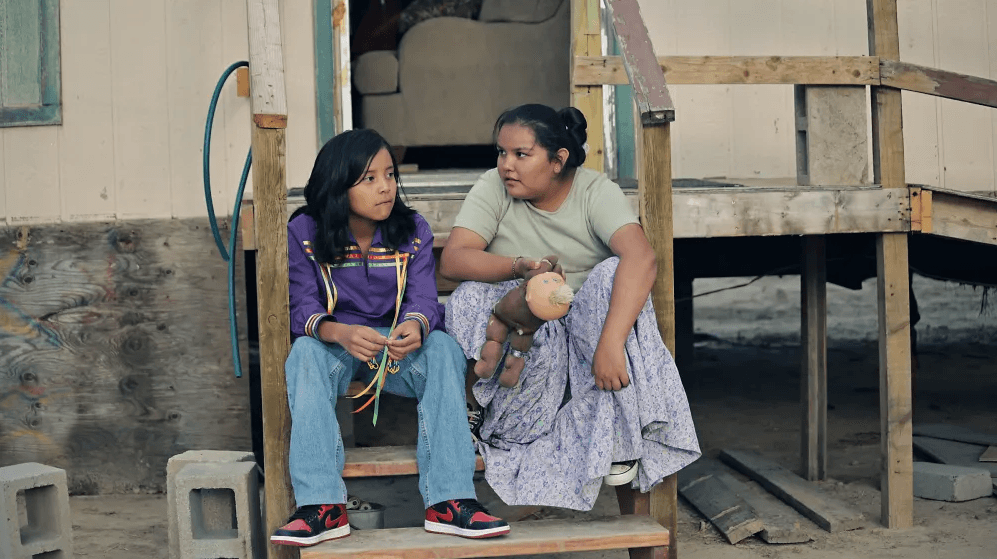Netflix has gone woke and is most definitely putting some morally questionable content out there, but every once in a while they pick a winner. Or so I thought, while initially watching “Frybread Face and Me.” Only after sitting down in a Brooklyn coffeehouse to write the review did the light-bulb go on over my head about it’s under-the-radar woke message. More on this later.
‘Frybread Face and Me’: Sweet but Deceptive
Navaho reservation coming-of-age story hides Netflix’s woke agenda in plain sight.

Benny (Keir Tallman, L) and his cousin Dawn (Charley Hogan) at their grandmother’s trailer in “Frybread Face and Me.” Indion Entertainment/Array Releasing
Mark Jackson is the senior film critic for The Epoch Times and a Rotten Tomatoes-approved critic. Mark earned a bachelor's degree in philosophy from Williams College, followed by classical theater conservatory training, and has 20 years' experience as a New York professional actor. He narrated The Epoch Times audiobook "How the Specter of Communism Is Ruling Our World," available on iTunes, Audible, and YouTube. Mark is featured in the book "How to Be a Film Critic in Five Easy Lessons" by Christopher K. Brooks. In addition to films, he enjoys Harley-Davidsons, rock-climbing, qigong, martial arts, and human rights activism.
Author’s Selected Articles





